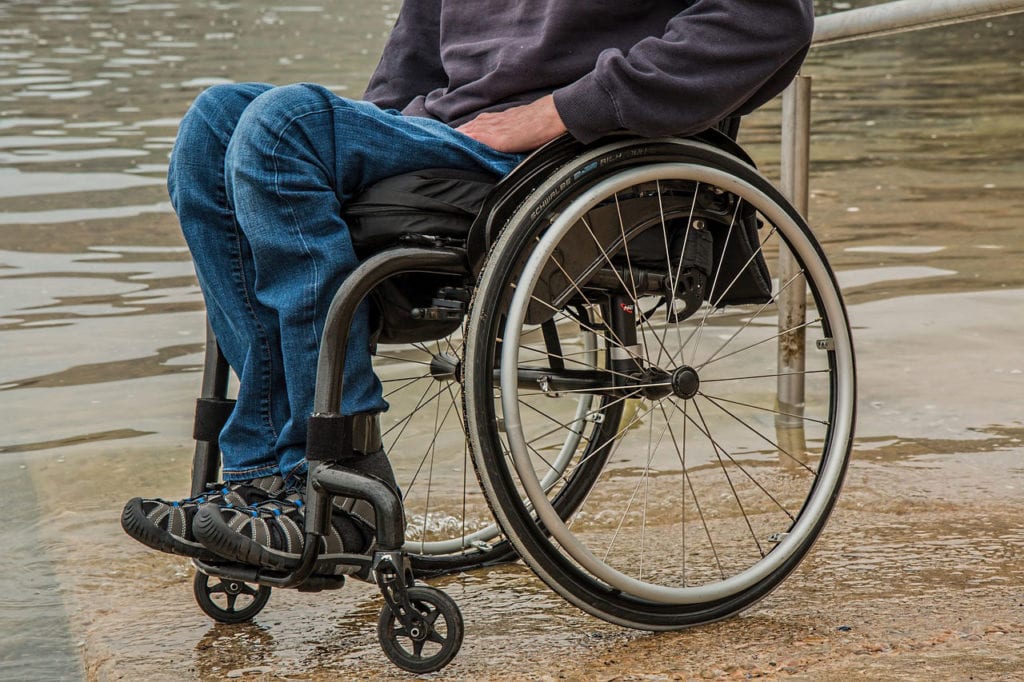According to a report by The Telegraph, multiple sclerosis patients are being refused an important drug. The drug, known as ocrelizumab will not be funded by The National Institute for Health and Care Excellence (NICE). Despite the fact that the drug could delay progression of multiple sclerosis by up to seven years by some metrics, government agencies seem to have made up their mind. The drug’s manufacturer even agreed to reduce costs. Keep reading to learn more, or follow the original story here for more information.
What is Multiple Sclerosis?
Multiple sclerosis (MS) is a neurological condition affecting the brain’s communication with the rest of the body. In cases of MS, a person’s immune system attacks the protective covering of nerve cells. This conductive material is known as myelin. In its absence, the transmission of messages from the brain to the rest of the body becomes slowed or blocked entirely.
Multiple sclerosis may affect any and all parts of the body. The extremities, eyes, and muscles are the most commonly affected. The first symptoms of MS typically appear between the ages of 20 and 40. Weakness, numbness, loss of speech, and loss of bladder control are all characteristic symptoms of MS. Though there is no cure for multiple sclerosis, it is possible to treat the various symptoms of the condition.
Click here to learn more about multiple sclerosis.
Different Costs
If ocrelizumab is known to delay the progression of multiple sclerosis, why won’t it receive funding? If it’s maker is willing to slash prices, why won’t that change the answer? The simplest reason is that the drug is already being used to treat MS. NICE is unable to accept the lower cost proposed by drug maker Roche as a result. This rule stems from the Department of Health under which NICE operates.
Patient groups and health professionals both criticized this ruling. They see it as a way by which thousands of people are being left to fend for themselves. Some doctors have even put forward the challenge that if a different disease were the target, say cancer or HIV, that the response would be different. The NICE ruling and the rules surrounding it are leaving doctors powerless to help patients. No disease modifying treatment exists or can be accessed under the current system.
Unequal Treatment
As much as doctors feel at a loss with this ruling, patients lose even more. The drug at play has, in some cases, prevented patients needing a wheel chair by up to seven years. Some have expressed that this ruling indicates NICE doesn’t really care about people living with MS. This effective treatment has been tested and is available elsewhere in the world. It will not, however, be coming to Wales or England under current rules.
As of September 10th, the MS Society launched a petition. It calls upon drug manufacturer Roche, NICE, and the English NHS to strike a deal. In further cites other past cases in which exceptions have been made for cancer treatments.








